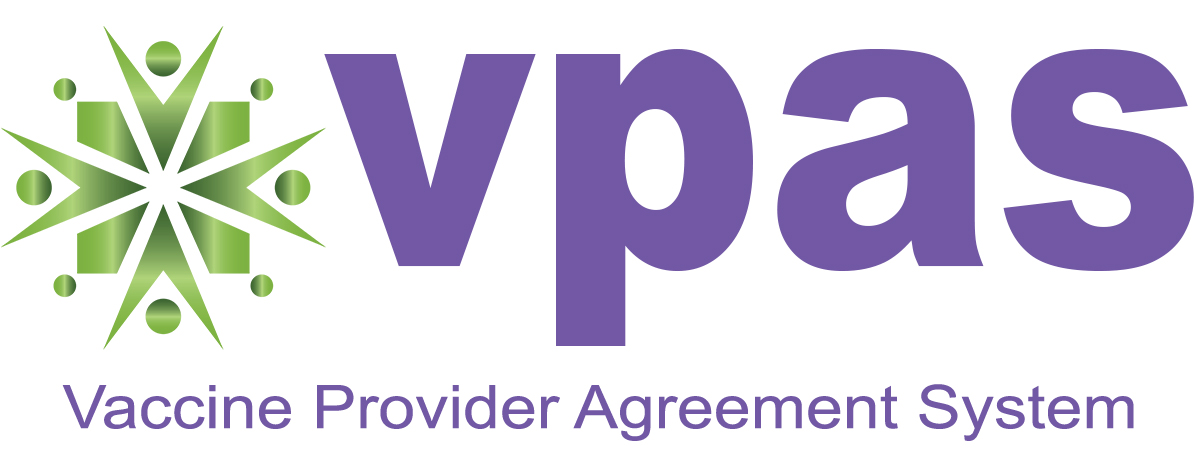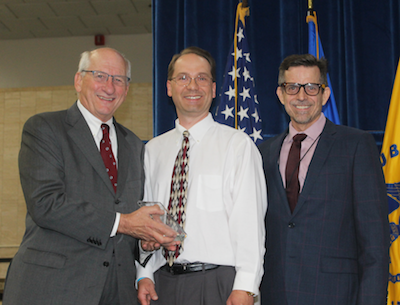 Digital rectal exams (DREs) typify much of what's wrong with our health care system. Men dread going to go get them, they're unpleasant, they vividly illustrate the physician-patient hierarchy, and -- oh, by the way -- they apparently don't actually provide much value. By the same token, routine pelvic exams for healthy women also don't have any proven value either. The recent conclusions about DREs come from a new study. One of the researchers, Dr. Ryan Terlecki, declared: "The evidence suggests that in most cases, it is time to abandon the digital rectal exam (DRE). Our findings will likely be welcomed by patients and doctors alike"...
Digital rectal exams (DREs) typify much of what's wrong with our health care system. Men dread going to go get them, they're unpleasant, they vividly illustrate the physician-patient hierarchy, and -- oh, by the way -- they apparently don't actually provide much value. By the same token, routine pelvic exams for healthy women also don't have any proven value either. The recent conclusions about DREs come from a new study. One of the researchers, Dr. Ryan Terlecki, declared: "The evidence suggests that in most cases, it is time to abandon the digital rectal exam (DRE). Our findings will likely be welcomed by patients and doctors alike"...
 The Office of the Chief Technology Officer’s HHS IDEA Lab has announced the seventh cohort of teams selected for the HHS Ignite Accelerator. The HHS Ignite Accelerator is a program that spurs innovative problem-solving across the Department by encouraging and enabling HHS staff (at all levels) to experiment with novel means for addressing key Departmental challenges...
The Office of the Chief Technology Officer’s HHS IDEA Lab has announced the seventh cohort of teams selected for the HHS Ignite Accelerator. The HHS Ignite Accelerator is a program that spurs innovative problem-solving across the Department by encouraging and enabling HHS staff (at all levels) to experiment with novel means for addressing key Departmental challenges...

 For the third straight year, HLN Consulting, a leading medical informatics consulting company, will participate in the Interoperability Showcase at this year's HIMSS19 Global Conference and Exhibition which is being held in Orlando, FL from February 11-15, 2019. The Showcase itself runs on February 12-14 and consists of a series of connected demonstrations which are collaborative projects between 6-8 organizations using interoperability standards to exchange information and improve the quality and value of the care provided. Together they develop a storyline, or scenario, that contextualizes the value of their demonstration and tells the story of a patient, caregiver, or provider. This year HLN will participate in two scenarios...
For the third straight year, HLN Consulting, a leading medical informatics consulting company, will participate in the Interoperability Showcase at this year's HIMSS19 Global Conference and Exhibition which is being held in Orlando, FL from February 11-15, 2019. The Showcase itself runs on February 12-14 and consists of a series of connected demonstrations which are collaborative projects between 6-8 organizations using interoperability standards to exchange information and improve the quality and value of the care provided. Together they develop a storyline, or scenario, that contextualizes the value of their demonstration and tells the story of a patient, caregiver, or provider. This year HLN will participate in two scenarios... On June 6, 2017, HLN was awarded the 2017 Upshot Award for Excellence in Vaccine Supply, Access, and Use by the US Department of Health and Human Services National Vaccine Program Office (NVPO) for its ICE Open Source Immunization Forecaster. In the letter of award, Dr. Jewel Mullen, Principal Deputy Assistant Secretary for Health commented that, "HLN Consulting's efforts on the Immunization Calculation Engine (ICE) are impressive. This powerful tool-including its open-source nature and seamless integration into clinical workflows-holds great promise for improving clinical decision-support and ultimately vaccination rates. Thank you for daring to innovate, collaborate, and lead in an area that is not only complex, but constantly evolving."
On June 6, 2017, HLN was awarded the 2017 Upshot Award for Excellence in Vaccine Supply, Access, and Use by the US Department of Health and Human Services National Vaccine Program Office (NVPO) for its ICE Open Source Immunization Forecaster. In the letter of award, Dr. Jewel Mullen, Principal Deputy Assistant Secretary for Health commented that, "HLN Consulting's efforts on the Immunization Calculation Engine (ICE) are impressive. This powerful tool-including its open-source nature and seamless integration into clinical workflows-holds great promise for improving clinical decision-support and ultimately vaccination rates. Thank you for daring to innovate, collaborate, and lead in an area that is not only complex, but constantly evolving." In October 2018 the Centers for Disease Control and Prevention (CDC) issued a Request for Information (RFI) for a Natural Test Collaborative (NTC). Through a series of questions, the RFI seeks opinions and information about "The development of a national testbed (notionally called the National Test Collaborative (NTC)) for real-world testing of health information technology (IT)" and "Approaches for creating a sustainable infrastructure" to achieve it. The scope of this RFI is daunting. It might be useful, rather than to try to tackle this whole topic broadly but superficially, to take just one Clinical Decision Support (CDS) domain and show as completely as possible how testing is currently done.
In October 2018 the Centers for Disease Control and Prevention (CDC) issued a Request for Information (RFI) for a Natural Test Collaborative (NTC). Through a series of questions, the RFI seeks opinions and information about "The development of a national testbed (notionally called the National Test Collaborative (NTC)) for real-world testing of health information technology (IT)" and "Approaches for creating a sustainable infrastructure" to achieve it. The scope of this RFI is daunting. It might be useful, rather than to try to tackle this whole topic broadly but superficially, to take just one Clinical Decision Support (CDS) domain and show as completely as possible how testing is currently done. The IZ Gateway initiative (IZG) sponsored by the Centers for Disease Control and Prevention (CDC) is up and running. HLN has helped its Immunization Information System (IIS) clients connect to other IIS via the IZ Gateway from planning through testing and go-live. As anticipated, this electronic data exchange has resulted in an increase in record completeness for patient doses received in one jurisdiction, while living in another. Testing between our clients and other IISs, referred to as IIS-IIS pairings, has spurred productive inter-jurisdictional interoperability discussions, while also highlighting nuances in platform configuration. A few of these nuances are provided below.
The IZ Gateway initiative (IZG) sponsored by the Centers for Disease Control and Prevention (CDC) is up and running. HLN has helped its Immunization Information System (IIS) clients connect to other IIS via the IZ Gateway from planning through testing and go-live. As anticipated, this electronic data exchange has resulted in an increase in record completeness for patient doses received in one jurisdiction, while living in another. Testing between our clients and other IISs, referred to as IIS-IIS pairings, has spurred productive inter-jurisdictional interoperability discussions, while also highlighting nuances in platform configuration. A few of these nuances are provided below. In the summer of 2006, consumers across the country began falling sick from a particularly nasty strain of Escherichia coli bacteria, known as 0157:H7. Not all E. coli bacteria are dangerous, but 0157:H7 belongs to the Shiga toxin-producing group of pathogens (known as STEC), which can cause severe, and sometimes fatal, illness. By early October, 199 people in twenty-six states had fallen ill, resulting in 102 hospitalizations and thirty-one cases of kidney failure. Three people died, including a two-year-old boy in Utah...
In the summer of 2006, consumers across the country began falling sick from a particularly nasty strain of Escherichia coli bacteria, known as 0157:H7. Not all E. coli bacteria are dangerous, but 0157:H7 belongs to the Shiga toxin-producing group of pathogens (known as STEC), which can cause severe, and sometimes fatal, illness. By early October, 199 people in twenty-six states had fallen ill, resulting in 102 hospitalizations and thirty-one cases of kidney failure. Three people died, including a two-year-old boy in Utah...